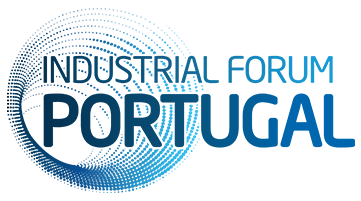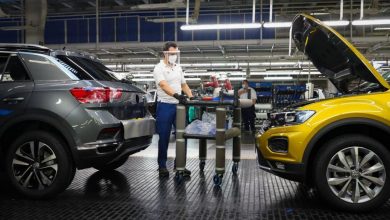
Automotive industry struggles back to life
The automotive industry has often been at the vanguard of manufacturing practices. The Toyota Way and lean manufacturing were pioneered in the automotive sector but have since spread across multiple industries and even into services.
So when the automotive industry starts gearing up for a return to work following lockdowns across Europe and North America, there could be lessons for other industries similarly challenged to deal with safe distancing and virus contagion in the workplace.
Initially, some plants, particularly in North America, were hit not by shutdowns enforced by the authorities but by staff walkouts over safety concerns.
In Europe, worker concerns were running in parallel with such an unprecedented collapse in sales that manufacturers rapidly followed each other in shutting down production. While demand is yet to come back, carmakers are losing such eye-watering amounts of money by staying closed that most are making plans for a gradual return to work as the pandemic slowly comes under some semblance of control.
The Financial Times reported last week that Volkswagen announced first-quarter profits fell 80%, and has been paying €2 billion a week in fixed costs while its European factories are offline.
Manufacturers, however are taking different approaches to safeguard workers.
At one extreme, Volvo in Sweden will operate its plant pretty much as normal, just limiting hours worked to limit exposure.
Most other manufacturers are employing more nuanced approaches. For example, Hyundai’s plant in the Czech Republic, which reopened last week, will run at a slower speed to allow workers to keep their distance.
Normally, a worker moves along the line with the car while completing their task, such as installing the dashboard, the Financial Times reports. With speeds reduced, staff will carry out the same task but will travel less distance, keeping them within a smaller area and farther apart from the next work station.
Fiat is intending to adopt a similar approach when it is given approval by the Italian authorities to reopen, but measures common with more general advice will also be imperative, such as the wearing of masks and gloves and washing hands frequently.
Many have used the lockdown to install plastic shielding in canteen or dining areas to allow employees to eat meals separated from coworkers. Others, like Magna Steyr in Austria, have made it a requirement for workers to bring in packed lunches so they do not stand in canteen queues. Some plants are asking workers to come in already dressed in their work overalls so they do not crowd into changing rooms, the Financial Times writes.
The rules at every plant are subtly different depending on the practices, layouts and degree of automation in place. However, many of the practices will be relevant for other industries looking to safely return to full production in the weeks ahead. A return to work will be imperative if the cure is not to prove worse than the disease itself.
Font: Metal Miner





